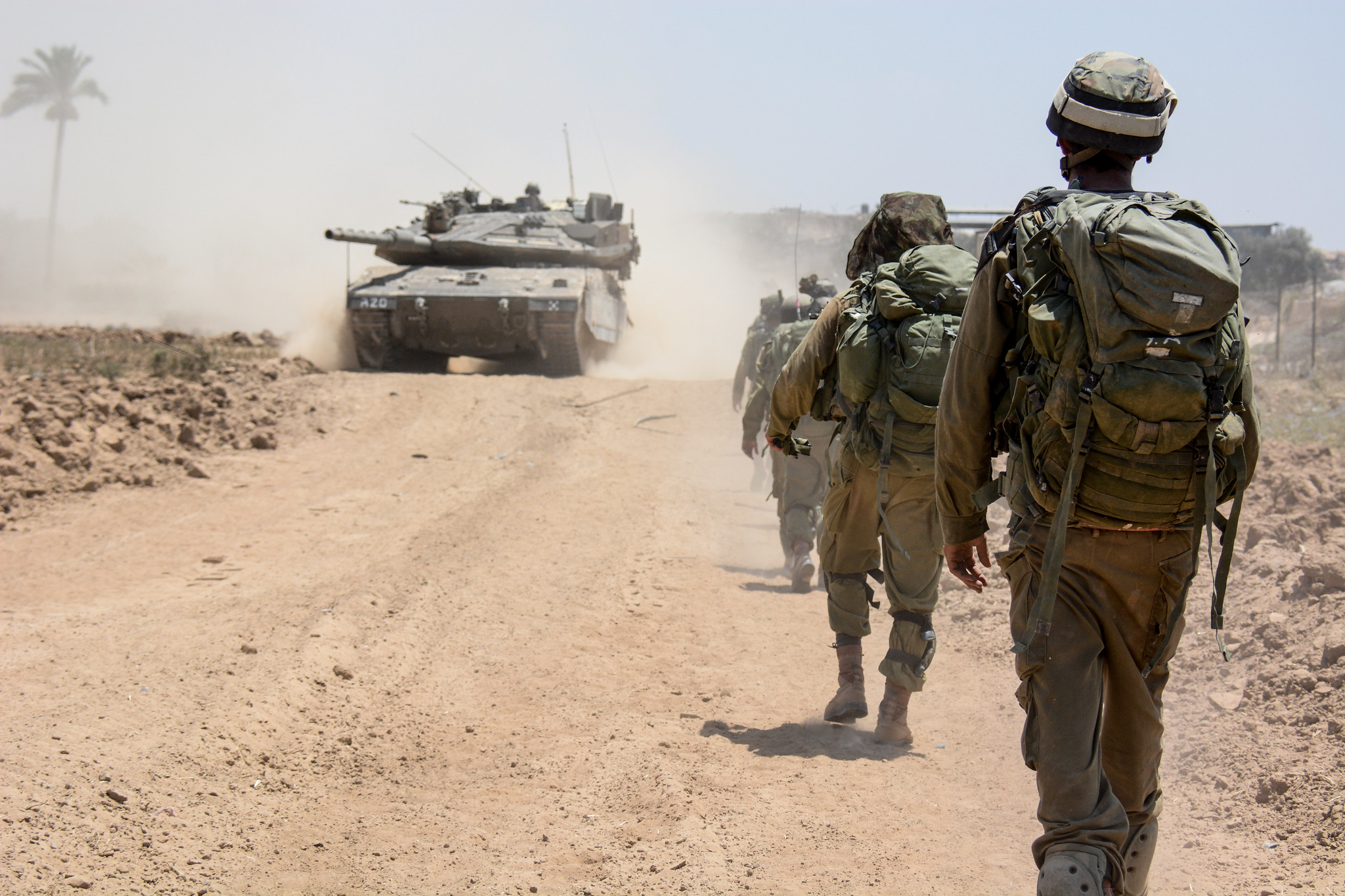
Israel-Hezbollah Cross-Border Exchanges
- On April 3, Israel and Hezbollah conducted cross-border operations amid growing tension on the country’s northern border with Lebanon.
- Hezbollah reportedly targeted a command post behind the Branit Barracks in northern Israel, a Raheb site, and a gathering of soldiers near the border.
- Israel targeted the border towns of Ayta ash-Shab, Ramyah, Naqoura, and Alma al-Shaab in southern Lebanon.
- These attacks followed a week of sporadic rocketfire and airstrikes between Israel and Hezbollah.
- On March 26, Israel launched an airstrike on the village of Hebbariyeh in southern Lebanon.
- On March 27, Hezbollah responded by launching rockets over the border at Kiryat Shmona in Israel, which then conducted further airstrikes on the Lebanese towns of Tair Harfa and Naqura. 16 Lebanese and one Israeli were killed as a result of these exchanges, making it the “deadliest day of the current conflict” between Israel and the militant group.
- The exchanges continued into March 28, with Hezbollah firing more rockets into northern Israel.
- On March 31, Israel killed Ismail al-Zin, reportedly the commander of Hezbollah’s anti-tank missile unit, in Lebanon’s village of Kounine. The same day, the group claimed at least eight attacks.
- On April 1, the Israeli army stated that it had bombed almost ten Hezbollah targets in southern Lebanon.
Israeli Operations Against Hezbollah and Affiliates in Syria
- On March 29, Israel conducted “its deadliest strikes in months on northern Syria’s Aleppo,” where some Hezbollah and Iranian Revolutionary Guard Corps (IRGC) fighters are based.
- According to the Syrian Observatory for Human Rights, 36 Syrian troops, 7 Hezbollah fighters, and 1 Syrian member of an Iran-backed group were killed.
- The strikes reportedly hit Hezbollah’s missile depots in Aleppo’s southern suburb of Jibreen and the town of Safira.
- Without directly claiming responsibility for the attack, Israeli Defense Minister Yoav Gallant stated that the Israeli military will “expand the campaign [against Hezbollah] and increase the rate of attacks in the north.”
- On April 1, Israel is suspected to have struck the Iranian consulate in Damascus and killed seven people, including Brigadier General Mohammad Reza Zahedi, a senior commander in the IRGC.
- Zahedi was responsible for arming and coordinating with Hezbollah and other pro-Iranian militias in Lebanon and Syria.
- Senior U.S. officials assert that the United States informed Iran directly that Washington did not have involvement in or advance knowledge of the strike.
- Iran has vowed retaliation.
The Bigger Picture
- Israel-Hezbollah clashes have been ongoing since October 8, when Hezbollah began launching rockets into northern Israel after the outbreak of the Gaza war.
- These operations mark the “deadliest conflicts since the two sides fought a full-scale war in 2006.”
- International mediators are working to prevent another all-out war, as the fighting has killed nine civilians and 11 soldiers in Israel and almost 240 Hezbollah members and 40 civilians in Lebanon.
(Banner image: IDF)
